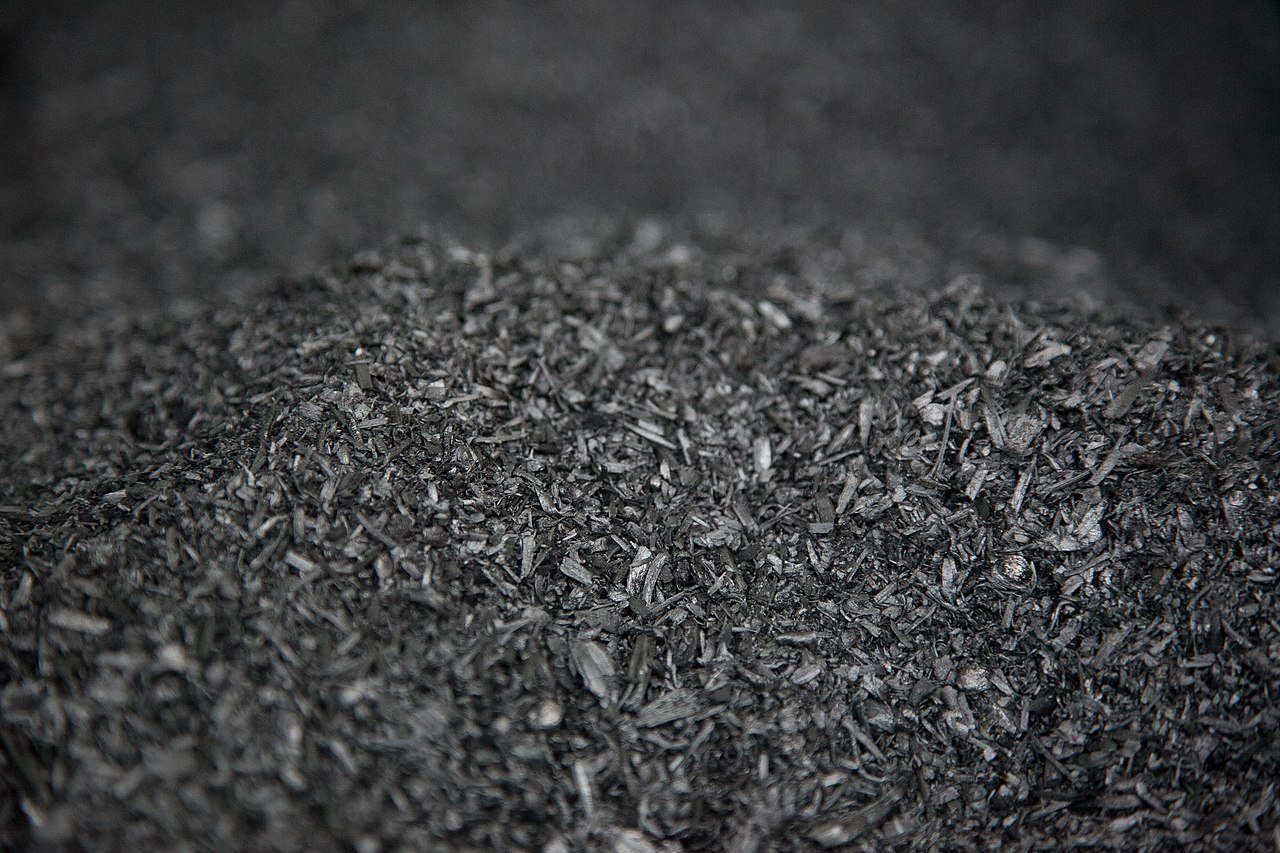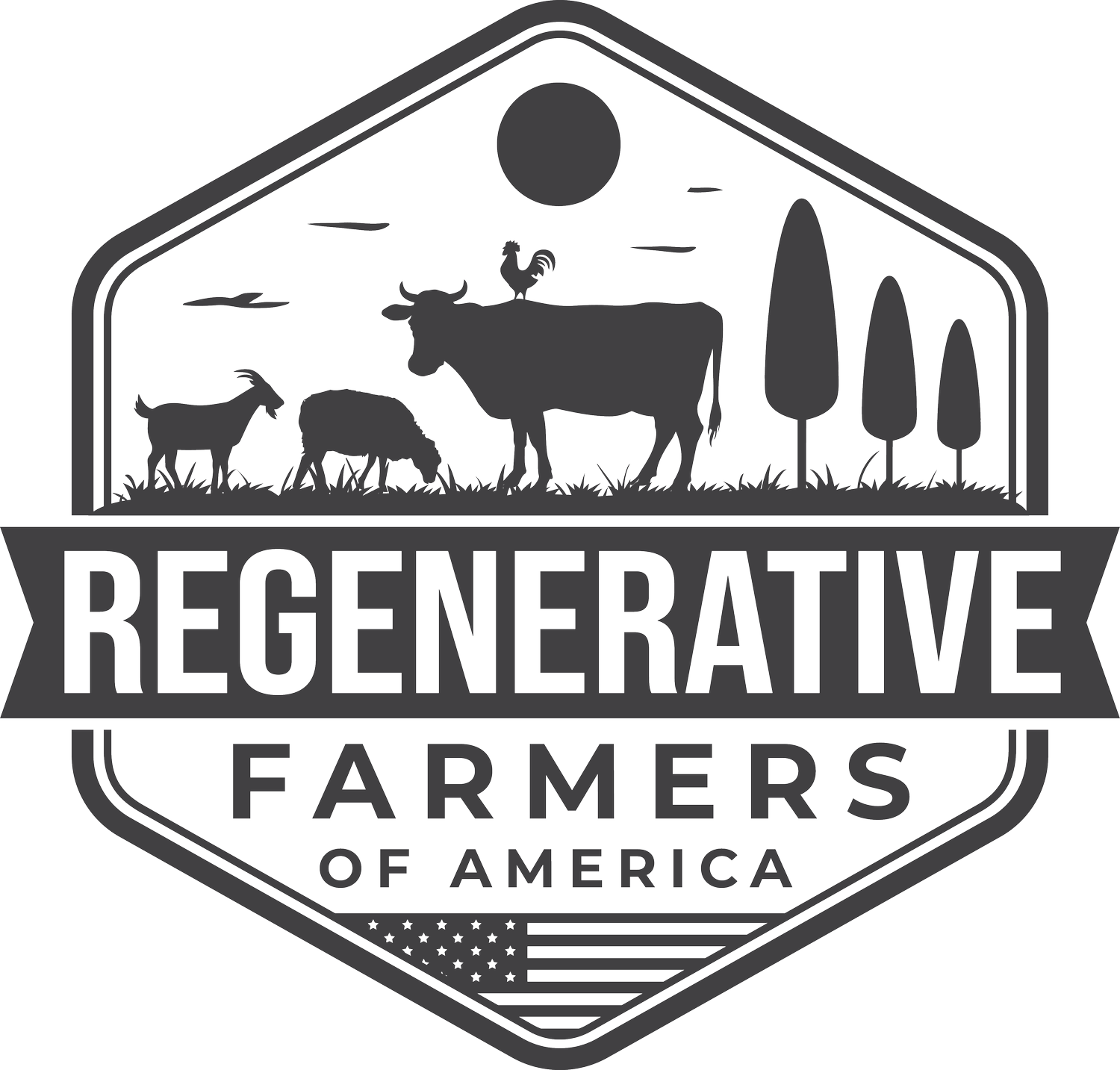
Biochar and Regenerative
Agriculture
Biochar and regenerative agriculture go hand in hand as natural ways to improve soil health while reducing required inputs like fertilizer and water. The other benefit of combining biochar and regenerative agriculture is waste utilization as things like wood waste, agricultural waste, and other biomass can all be used to make biochar. When farms and ranches have a need for heat such as greenhouses and shop buildings during the winter then producing biochar really makes sense as utilizing waste while generating heat, biochar, and carbon credits can provide significant financial benefits all while building soil carbon levels. Because biochar is a very stable form of carbon lasting thousands of years and because it is easy to weigh, the carbon credits from biochar are worth well over $100 per ton, which is significantly more than most other soil based carbon credits.
Biochar Use As A Soil Amendment
Biochar can be used as a soil amendment to increase water holding capacity, reduce fertilizer runoff, boost production, etc.. This can be accomplished by various methods including blending biochar with manure before applying which is quite popular. Greenhouse growers can blend biochar into their grow mixes.Biochar hyper stimulates the growth of living microorganisms in soil. It creates a microbial super hotel for transforming dead soil into living soil. One centimeter of biochar has a surface mass of 10,000 feet and does its job of incubating microbial rich soil for 1,000 years or more.
Click for more information = Charts for adding different amounts of biochar to the soil 1-10%, info on blending with manure and compost to charge the biochar, and videos/pics on adding biochar to the soil.
Biochar Use In Seed Mixes Including Cover Crops
By mixing biochar in with seed when planting you can maximize the benefits with biochar right next to the seed which helps hold moisture and improves germination all while requiring no extra equipment or steps. In the future adding biology and nutrients to the biochar from things like compost tea to the biochar will enhance benefits.
Click for more information = Charts showing the amount of biochar to mix with seed 5-20 pounds per acre, tips for sizing biochar, various additives to put in the biochar before planting to enhance benefits. Video/pics on adding biochar to cover crop seed from Millborn seed.
Biochar Use In Manure Management
By adding biochar to manure odor can be controlled and more nutrients retained. This can be accomplished by adding biochar to the pens and letting foot action integrate it into the manure or simply adding biochar to manure before spreading the manure.
Click for more information = Basic info on how much manure to add, normally 50/50 mix, possibilities of liquid manure, pelletizing biochar and manure for a regen fertilizer, etc.. Video/pics showing how to blend biochar and manure then spread.
Biochar And Bale Grazing
By combining bale grazing with biochar, soil can be enhanced when biochar and manure and incorporated into the soil with hoof action. This works great on unproductive areas of a field where biochar can be applied on the surface, then a bale set directly on top. The biochar, manure, and seed from the hay are all incorporated into the soil with hoof action.
Click for more information = Basic info on spreading biochar before sitting bale on top, seed from hay along with manure and biochar enhancing bad spots in fields, etc… Video/pics on doing basic bale grazing with biochar.
Biochar Use In Animal Feed.
Biochar can provide a wide variety of benefits for animals when fed in small amounts. Removing toxins that build up, boosts to immune systems, improved milk output, reduction of methane, and more have been documented in various studies.
Click for more information = Info on does for animals from cows to chickens, how to feed, biochar lick tubs, lick tub ingredients from molasses to apple cider vinegar an garlic for flies, etc.. Video/pics on making biochar lick tubs, biochar with various animals from chickens to horses.
